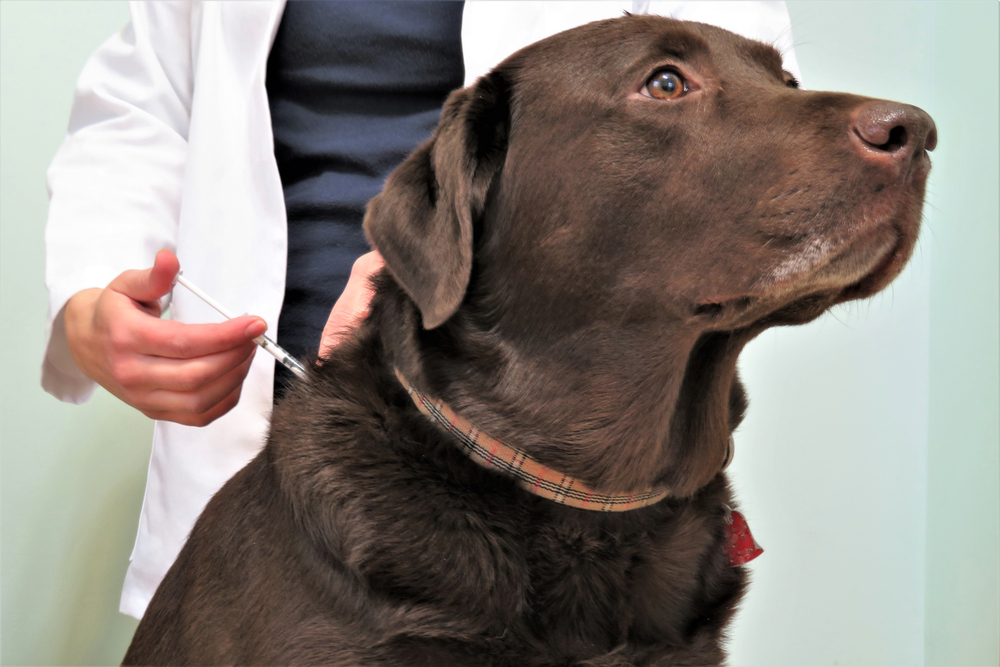
As a pet owner, you understand the importance of keeping your furry friend healthy and happy. Preventive care is a crucial aspect of responsible pet ownership, as it helps to ensure your dog's well-being and longevity. One of the most important preventive measures you can take is ensuring your dog receives regular vaccinations, including the rabies vaccine.
What is Rabies and Why is it a Concern for Dogs?
Rabies is a highly contagious disease that affects the brain and nervous system of infected animals. It is caused by a virus that is typically transmitted through the saliva of an infected animal, such as a dog, fox, or raccoon. Once a dog is infected with the rabies virus, it can quickly spread to other animals and even to humans.
The symptoms of rabies in dogs can include aggression, excessive drooling, seizures, and paralysis. As the disease progresses, it can lead to coma and ultimately, death. Rabies is a serious public health concern, as it can be transmitted to humans through a bite or scratch from an infected animal.
The Role of the Rabies Vaccine in Preventing the Spread of the Disease
The rabies vaccine is a crucial tool in the fight against this deadly disease. By vaccinating your dog, you are not only protecting your pet, but also contributing to the overall public health and safety of your community. The vaccine works by stimulating your dog's immune system to produce antibodies that can recognize and neutralize the rabies virus.
When your dog receives the rabies vaccine, it creates a protective barrier against the disease, reducing the risk of infection and the potential for transmission to other animals or humans. This is especially important in areas where rabies is prevalent, or where your dog may come into contact with wild animals that could be carriers of the virus.
How Often Should Dogs Receive Rabies Shots?
The frequency of rabies vaccinations for dogs can vary depending on several factors, including your local laws and regulations, your dog's age, and their overall health status. In general, most veterinarians recommend that dogs receive a rabies vaccine annually or every three years, depending on the type of vaccine used.
Puppies typically receive their first rabies vaccine around 12-16 weeks of age, followed by a booster shot a year later. After the initial series, your dog will need to receive regular rabies vaccinations to maintain their immunity and ensure they are protected.
Ensuring the Health and Safety of Your Dog through Regular Preventive Care
Keeping your dog up-to-date on their rabies vaccinations is a critical aspect of responsible pet ownership. By providing your furry friend with this essential preventive care, you are not only protecting their health but also contributing to the overall well-being of your community. It's essential to work closely with your veterinarian to determine the best vaccination schedule for your dog. Regular check-ups and preventive care can help ensure your pet lives a long, healthy, and happy life.
At Ramsgate Veterinary Clinic, we are dedicated to providing your pets with the highest quality of care. Contact us to schedule an appointment and learn more about how we can help you ensure the well-being of your beloved companion. Visit our facility in Waco, Texas, or call (254) 848-4083 to book an appointment today.







